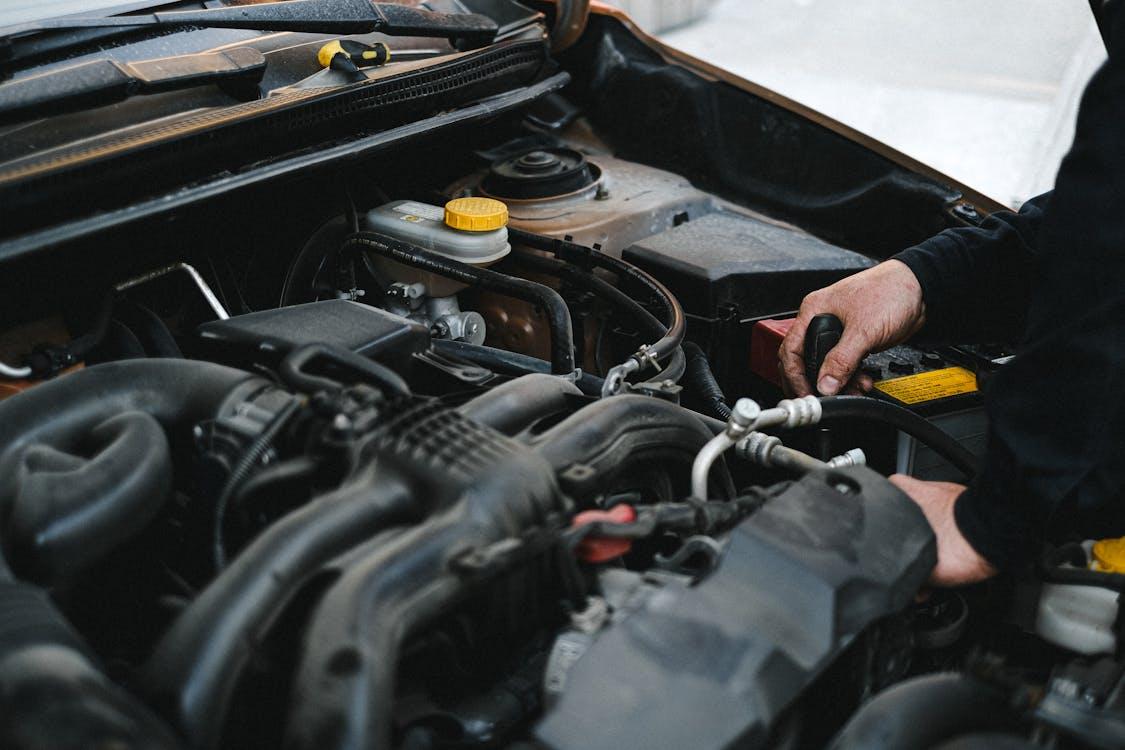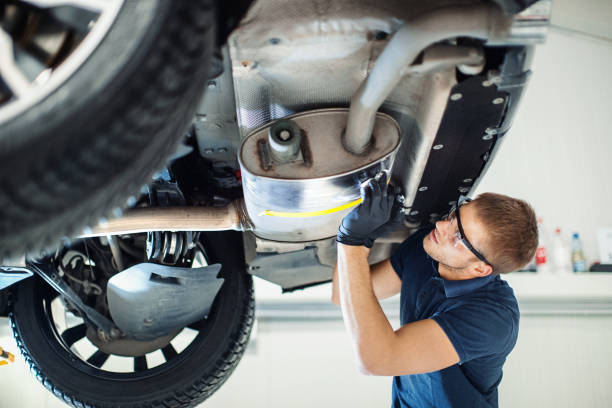Notifications

7 minutes, 7 seconds
-10 Views 0 Comments 0 Likes 0 Reviews

You’re cruising down the road, the playlist is just right, and suddenly you spot it, that dreaded temperature needle creeping higher than it should. Maybe there’s steam whispering out from under the hood. Maybe your AC is blowing hot air. Either way, the message is clear. Your engine is overheating, and something is not right.
This isn’t just an inconvenience. It’s your car's way of saying it’s in distress. The longer you ignore it, the closer you get to serious damage.
Your car’s engine is designed to operate within a very specific temperature range. When it crosses that boundary, the result is overheating. It can happen suddenly or build up slowly over time, often caused by a breakdown in one or more engine components.
Here are some of the most common culprits:
Coolant keeps your engine temperature in check. If there’s not enough of it, or if it’s leaking, the engine doesn’t stand a chance in the heat.
A clogged or malfunctioning radiator can block heat from escaping. Dirt, rust, and debris can restrict flow and raise engine temperature fast.
This little device plays a big role. It regulates the coolant flow. If it gets stuck, your engine can’t cool down properly.
The water pump circulates coolant through your system. If it’s faulty, even a full coolant tank won't help.
Fans help pull heat away from the radiator. If they fail, your car may run hot especially in traffic or while idling.
Sometimes, your car sends subtle signals before the full boil. Catching them early can save your engine from permanent damage.
Look out for:
Rising temperature gauge
Steam or vapor from under the hood
Sweet or burnt smell
Reduced engine performance
Warning lights on the dashboard
Address these early, and you can avoid a complete meltdown.
The cooling system is not just a single part. It’s a collection of pipes, sensors, pumps, and fans, all working together to maintain a stable temperature. This is why even the smallest failure can cause a ripple effect.
While checking the cooling system, don’t forget about air flow. A dirty cabin air filter or worn fan blade can block the entire process, especially in modern cars where electronics play a role in managing air and heat exchange.
If your engine starts to overheat, don’t panic. Take a breath, turn off the AC, and gently pull over. Once safe:
Turn on the heater to draw heat away from the engine
Open the hood carefully to let steam escape
Never open the radiator cap while it’s hot
Add coolant if available and only once the engine cools
Call for help if the temperature doesn’t drop
Prevention, though, is your best defense. Regular maintenance and inspection go a long way in keeping things cool under pressure.
If you’re replacing any part of your cooling system, make sure it fits your vehicle like a glove. Improper parts can cause more harm than good.
Reliable car spares are your first step toward long-term peace of mind. And when it comes to quality and trust, PartEazy leads the way.
PartEazy is your go-to destination for premium car and truck parts and accessories. Whether you're a DIY enthusiast, a professional mechanic, a performance upgrader, or simply looking for an affordable fix, we offer high-quality products and exceptional service to keep your vehicle running at its best.

Don’t let a simple overheat turn into a major setback. Check your fluids. Know your signs. And shop smart for lasting performance.
Stay cool when the engine’s hot. With PartEazy, help is just a click away.
Q1: Can I drive if my engine is overheating?
A: It’s not safe. Even short distances can lead to major damage. Always pull over and let the engine cool.
Q2: How often should I replace my coolant?
A: Typically every 2 to 5 years depending on your car and coolant type. Check your manual for specifics.
Q3: What’s the best way to check for a coolant leak?
A: Look for puddles under the car, check hose connections, and inspect the radiator cap. A pressure test can confirm hidden leaks.
Q4: How can I prevent my engine from overheating in summer?
A: Keep coolant levels full, clean your radiator, check the fan and thermostat, and avoid heavy traffic during peak heat if possible.
Q5: Are cheap replacement parts risky?
A: Yes. Inferior parts often lead to faster wear and can cause bigger issues. Always go for reliable brands like the ones offered by PartEazy.
CarMaintenance CarCareTips EngineOverheating OverheatingFix CoolantCheck AutoRepairLife

